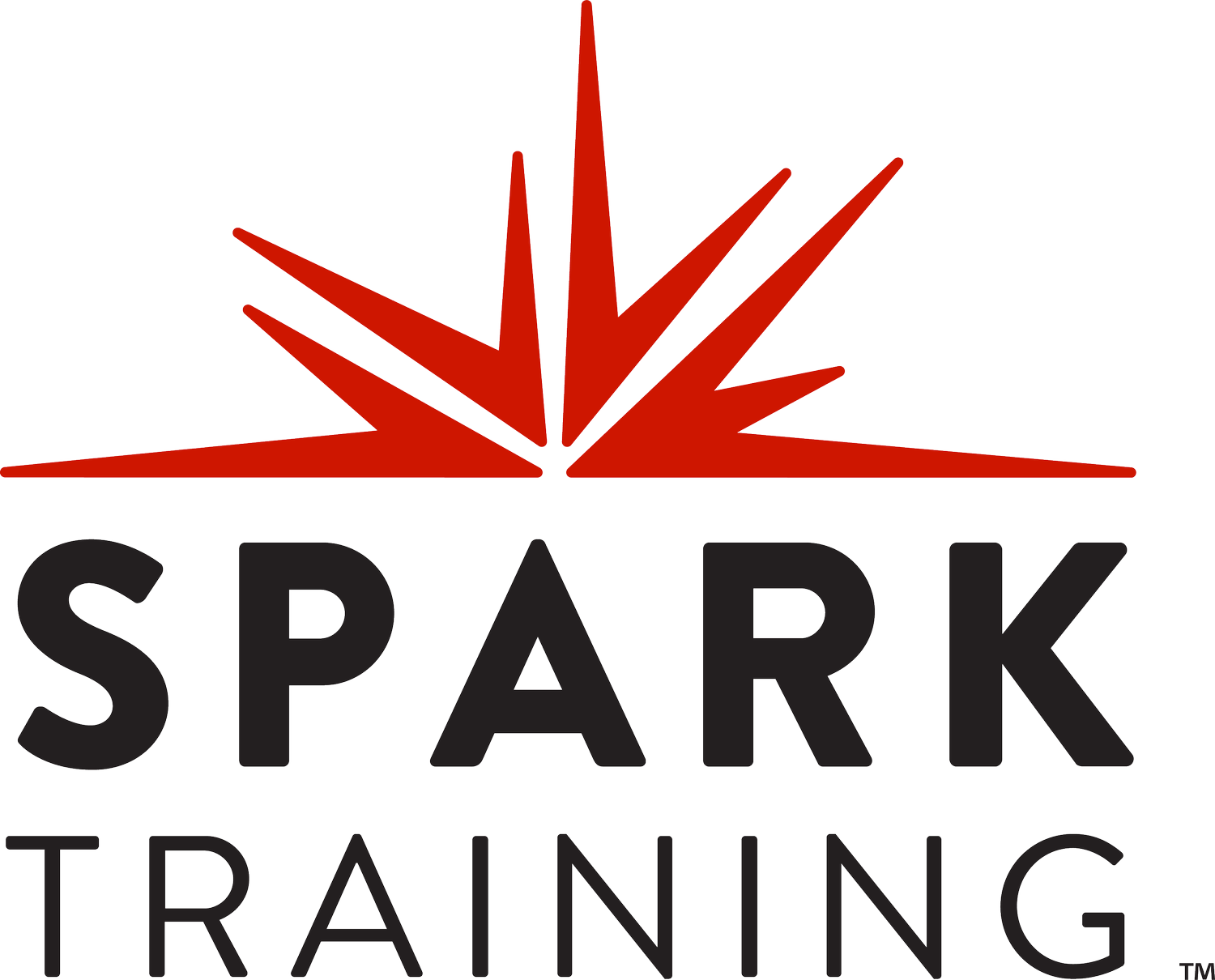4 Tips for Surviving Corrections
Throughout correctional training programs, there are four key phrases that officers should hear time and again. These elements highlight the core elements of a jail culture that, when put into practice, foster officer resilience and streamline daily operations.
1. Be Firm, Fair, and Consistent
Firm
To be firm in the field of corrections means to practice in a purposeful and determined manner. This does not mean inflexible or unwilling to change. Take today’s mental health crisis as an example. In the late 90’s, mental health issues were not understood the same way they are today. Experts in the field have provided data to support different approaches to mental illness in jail than we had years ago.
The result of teaching and training staff on expectations and ensuring the information is purposeful, rather than unchanging, could prevent outdated policies and inaccurate training information that doesn’t align with best practices.
Fair
Today, agencies experience intense public scrutiny. At the same time, jails continue to feel the effects of understaffing and some of the highest rates of turnover.¹ A rigid, in-depth training program should cover state mandates and how to uphold detainee rights in jail.
It may seem like there is no way to develop, oversee, and maintain such a training program on top of daily operations. However, with today’s technology, there are ways to establish such programs. Ensuring staff know what is “fair,” helps look out for them, detainees, and the facility.
Consistent
To expect staff to be consistent in their day-to-day, we should lead by example. A leader is not just an administrator or sergeant; each individual officer has the opportunity to influence others. Consistently adhering to policies and enforcing processes has a tremendous ripple effect within the organization. If leadership demonstrates consistency, others will become more consistent in their approach, which will then have a ripple effect on the incarcerated population. Be firm, fair, and consistent.
2. If you didn’t document it, you didn’t do it
Documentation becomes facility record and should be treated with evidentiary-type protection and scrutiny. It is imperative that staff know how, when, and where to document different events. Simplifying documentation by providing staff with a central repository for documents to live can minimize workload and reduce mistakes. Whether you use technology or paper logs – keeping documentation forms readily-accessible is important.
Keep processes simple, easy to navigate, and consistently train on them. There should be no variance of the review process between an in-custody death versus reviewing daily logs. Few things are more degrading to the profession than unclear or unprofessional documentation being picked apart during a court proceeding. If you didn’t document it, you didn’t do it.
3. Develop professional habits
Developing good habits early on in any career is vital to leading a balanced, resilient lifestyle. Learning how to cope with the stresses of a career inside the walls of a facility is a key aspect of an effective officer that should be trained on in wellness programs. We each deal with stress in different ways, so it may take time to find what works for you. But there are resources that can help.
Become engaged and involved in your community. Knowing that good things are happening outside your facility can help restore faith in mankind by being a part of acts of kindness and generosity. As an example, there are a lot of agencies today that take part in some sort of program to provide Christmas for the less fortunate. Develop professional habits.
4. Respond with resilience
How is resilience measured or trained at your facility? Is fit for duty screening part of the hiring process? Whether through formal screening or as part of the interview process, agencies should consider an officer’s ability to “bounce back.”
The idea seems like an easy concept, but in this field, we deal with people on their worst days. Over time, the continual pull of dealing with the stress and pressure of negative situations daily has a long-term impact on who we are. How then, do we return to something recognizable or “bounce back?”
Agency culture has a heavy role in making sure staff have the tools and support to do their job. Officer wellness training should include a review of available resources, such as peer support or critical incident interventions. Make sure you aren’t leaving officers alone on an island. Respond with resilience.
Don’t have access to our Online Officer Wellness resources? Enroll Now.
For more information, please contact training@sparktraining.us.
1. Malik, M. et al. (2023). Mental Health Burden and Burnout in Correctional Workers. IntechOpen. https://doi.org/10.5772/intechopen.108320
Disclaimer
All materials have been prepared for general information purposes only. The information presented should be treated as guidelines, not rules. The information presented is not intended to establish a standard of medical care and is not a substitute for common sense. The information presented is not legal advice, is not to be acted on as such, may not be current, and is subject to change without notice. Each situation should be addressed on a case-by-case basis. When in doubt, send them out!®






















